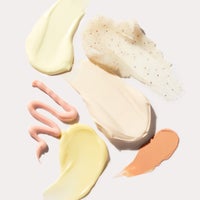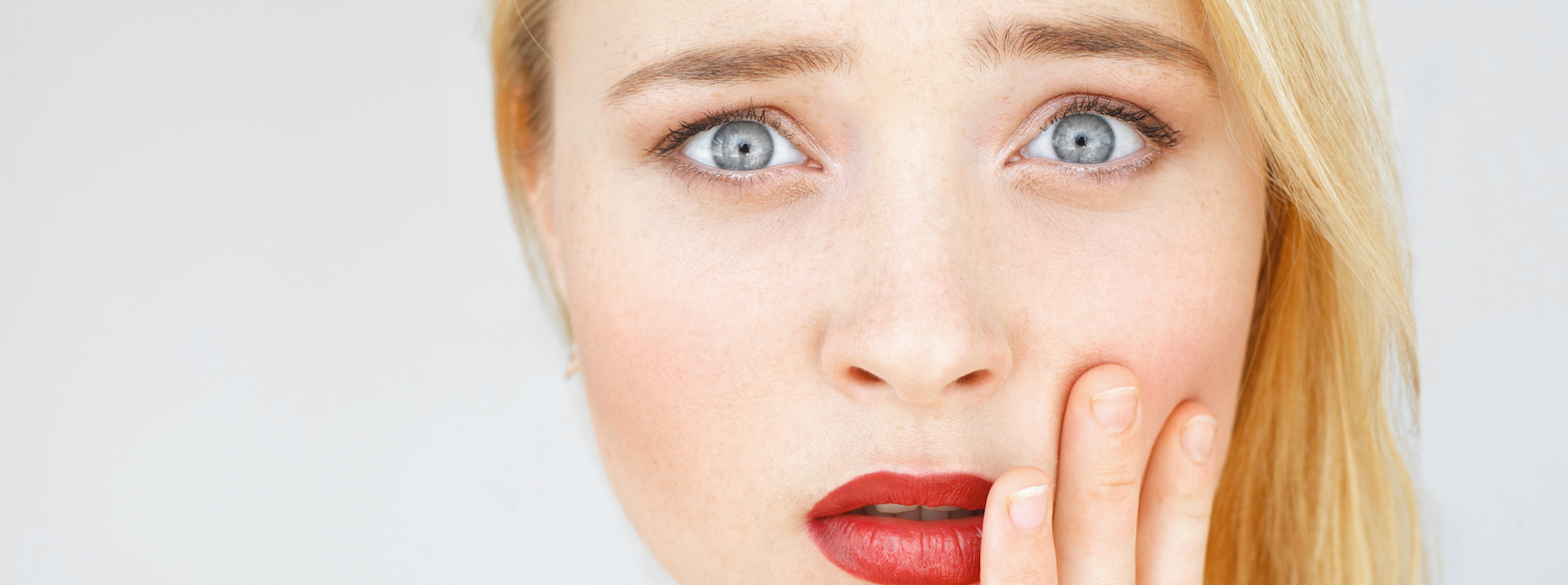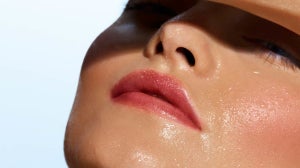
If you have patches of acne-like red patches across your nose and cheeks and wondering what in the world to do about it, you may be part of the more than 16 million Americans that suffer from a chronic, auto-inflammatory skin condition known as Rosacea.
What is Rosacea?
Rosacea is a benign, chronic, non-curable skin condition that appears as an acne-like rash usually across the central third of the face. Most commonly mistaken for acne, this may also be confused for rosy cheeks or easy facial blushing. While the condition is not fatal, it can be aggravated or triggered by the following:
- Exercise
- Hot drinks and spicy foods
- Alcohol
- Temperature extremes
- Sunlight or wind
- Drugs or medications that dilate blood vessels
- Cosmetics
What causes Rosacea?
The cause of Rosacea is unknown but could involve both hereditary and environmental factors. Rosacea most commonly affects middle-aged women and your risk of developing rosacea can increase depending on a few factors:
- Have fair skin
- Are over age 30
- Smoke
- Have a family history of Rosacea
- Have skin damaged from the sun
If you identify with one or more of these, you're not doomed! There are steps you can take to help you avoid or treat even the mildest case of Rosacea.
How do you treat Rosacea?
Rosacea is non-contagious but can worsen with time if left untreated. Aside from avoiding triggers, there are a number of things you can do to help lessen the appearance of Rosacea.
Sun protection/SPF
Sunlight is the leading cause of Rosacea flare-ups. Whether or not you have this condition, SPF is an essential part of everyday skincare! If sunlight is one of your triggers, dermatologists recommend using an SPF of 30 or higher that contains zinc oxide or titanium dioxide, avoiding midday sun and wearing hats.
Gentle skincare regime
Dealing with this auto-inflammatory skin condition requires you to be gentle with your skincare. Exfoliants and harsh cleansing methods will aggravate flare-ups and redness, so it's important when washing your face to use a gentle cleanser, wash only with the tips of your fingers, rinse with lukewarm or cool water, and to pat your face dry with a clean towel.
Oral antibiotic treatments or topical steroids
For patients with a moderate to severe case of the skin condition, dermatologists can prescribe an oral antibiotic to help reduce inflammation. In some cases, a doctor may prescribe a topical steroid like cortisone to help with inflammation.
Laser and pulsed light therapy
In many cases, the use of laser and intense pulsed light therapy can help improve the appearance of redness and inflammation. Redness could be greatly reduced or eliminated entirely for a few years. It typically takes a few treatments to achieve these results, and laser treatments are not covered by insurance, making this one of the more expensive alternatives.
Rosacea can be very bothersome and irritable for some people, but there is treatment available for all cases of the condition. Discover more products that soothe aggravated and inflamed skin on SkinStore now.

Related Articles





